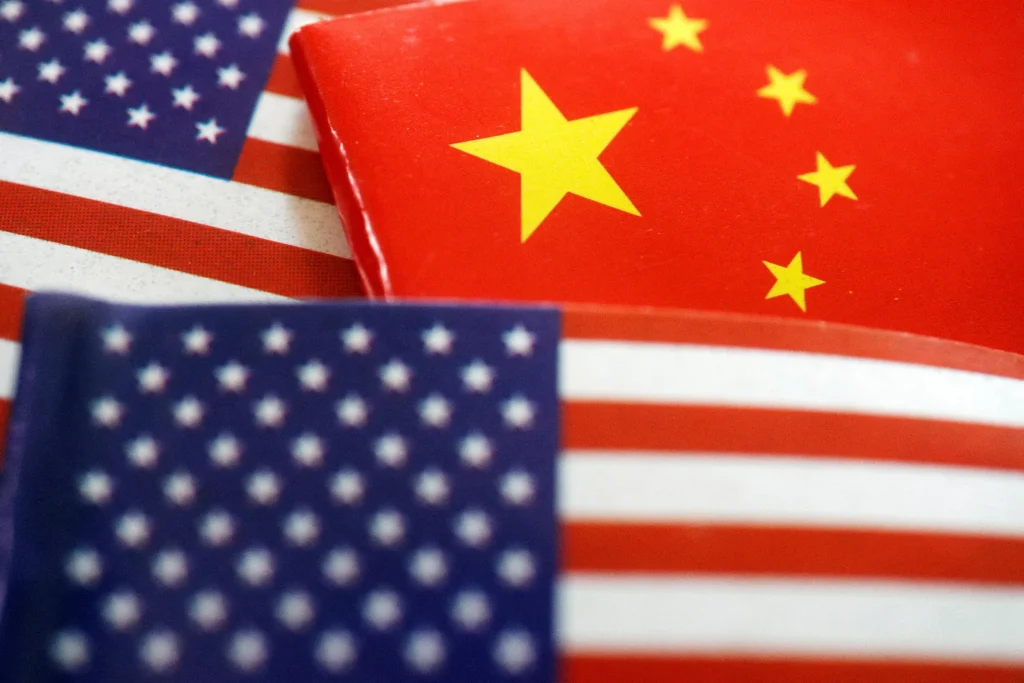[WASHINGTON] The US wants to revamp its trading relationship with China and the world by bringing many critical supply chains back onshore, the American ambassador to Beijing said.
“Unfettered globalisation has increasingly created single-source supply chain vulnerabilities,” David Perdue, who assumed his post last month, told a dinner in Washington on Thursday (Jun 19).
“We have all witnessed the extent to which our businesses have become overly dependent on China for components, inputs, intermediate goods and even entire supply chains,” he said, adding that American leaders had been “blind to the hollowing out of many US strategic industries”.
The assessment echoes criticism by European Commission President Ursula von der Leyen, who said at the recent Group of Seven meeting that the world is experiencing a new “China Shock”. Her accusation, which drew a sharp retort from Beijing, took aim at what von der Leyen characterised as China’s use of its quasi-monopoly over some sectors as both a bargaining chip and a weapon to undermine competition.
Perdue took a more measured view, noting in his comments that US President Donald Trump does not blame China for pursuing its own national interest.
“President Trump’s vision is to have a trading relationship with China that is based on reciprocity, fairness and respect – one in which the United States puts the American people first, just as China does for its own people,” he said via a video message to the annual dinner of the US-China Business Council.
BT in your inbox

Start and end each day with the latest news stories and analyses delivered straight to your inbox.
In earlier remarks at the same event, China’s ambassador to the US, Xie Feng, made a case for America to become a partner and not a rival to his country, calling for the removal of still “unreasonably high” tariffs imposed by Trump.
Xie also argued that the trading relationship between China and the US was a “two-way street”, and neither side was getting ripped off. While the US had a goods trade deficit with China, American companies generated a lot of revenue in China, which in turn ran a shortfall in its services trade with the US.
For Perdue, however, the lopsided commerce between the world’s two biggest economies cannot go on as before.
“We must remedy the current imbalance in our relationship,” he said. “If the United States is to pursue its own national interest in global trade while ensuring the US dollar’s place as the world’s reserve currency, then our economy cannot be so dependent on foreign supply chains that can be severed at any moment.” BLOOMBERG


